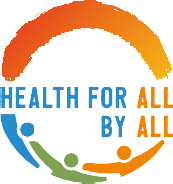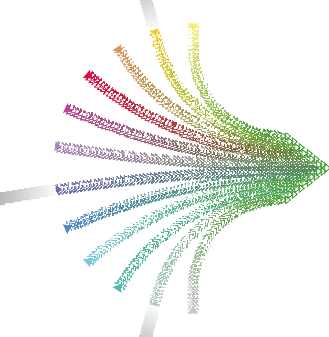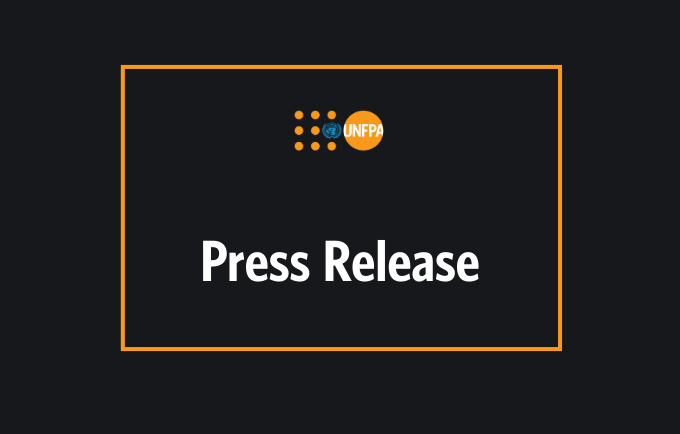

Cairo, Egypt, 15 December 2020 – Despite remarkable gains in health over the past few decades, the world is not on track to achieve the health-related targets of the Sustainable Development Goals (SDGs), and people, especially the most marginalized, are being left behind. The COVID-19 pandemic is setting progress back even further.
In a landmark move, 12 multilateral health, development and humanitarian agencies in the Eastern Mediterranean/Middle East and North African Regions have virtually launched the Regional Health Alliance, a partnership that aims to support countries to accelerate progress towards the health-related SDGs and facilitate implementation of the Global Action Plan on Healthy Lives and Well-being for All.
The partnership is based on the firm commitments made by the agencies to harmonize their internal strategies, policies and approaches, and to ensure mutual accountability and strengthen collaboration with countries and each other under seven accelerator themes: primary health care; sustainable financing for health; community and civil society engage- ment; determinants of health; innovative programming in fragile and vulnerable settings; research and development, innovation and access; and data and digital health. Ensuring gender equality as a fundamental human right cuts across all the seven themes.
The WHO Regional Office for the Eastern Mediterranean, inspired by the regional Vision 2023 of Health For All By All, has initiated the Regional Health Alliance to strengthen collaboration, foster new ways of working and operationalize the Global Action Plan.
Building on successful existing partnerships, the Regional Health Alliance’s partner agen- cies will be able to strengthen their collective support to countries to improve the health and well-being of populations in the Region.
Health has a central place in SDG 3 (Ensure healthy lives and promote well-being for all at all ages) and its 13 targets. Almost all of the other global SDGs are related to health or contribute to health indirectly, including those to end poverty and reduce inequalities, ensure universal access to sexual and reproductive health care services, achieve gender equality, grow economies, protect the environment, and promote peaceful and inclusive societies.
The Region is diverse and complex. There is political polarization, and conflicts and natural disasters have added to an already high burden of mortality and morbidity. Through stronger collaboration, the partnership will contribute to better health and reaching better health is the ultimate destination.
Agencies have made four specific, core commitments under the Global Action Plan: 1) engage with countries better to identify priorities and plan and implement together; 2) accelerate progress in countries through joint action under specific accelerator themes and on gender equality and the delivery of global public goods; 3) align in support of countries by harmonizing operational and financial strategies, policies and approaches; and 4) account, by reviewing progress and learning together to enhance shared accounta- bility.
The Alliance is hosted by WHO and comprises regional offices of the Joint United Nations Programme on HIV/AIDS (UNAIDS), United Nations Development Programme (UNDP), United Nations Population Fund (UNFPA), United Nations Children’s Fund (UNICEF), United Nations Entity for Gender Equality and the Empowerment of Women (UN Women), the World Bank Group and World Food Programme (WFP), who are all signatories of the Global Action Plan, as well as the International Organization for Migration (IOM), United Nations Educational, Scientific and Cultural Organization (UNESCO), UN Refugee Agency (UNHCR) and the International Telecommunication Union (ITU). Meanwhile the Implemen- tation of the joint activities is engaging additional health and development partners, including civil society organizations.
As one of the objectives of the Global Action Plan is to facilitate the delivery of aligned and coordinated technical support to national plans and strategies that are coun-
try-owned and led, representatives from different countries of the Region also participat- ed in the virtual launch event, along with representatives of the 12 agencies, the League of Arab States and community organizations.



